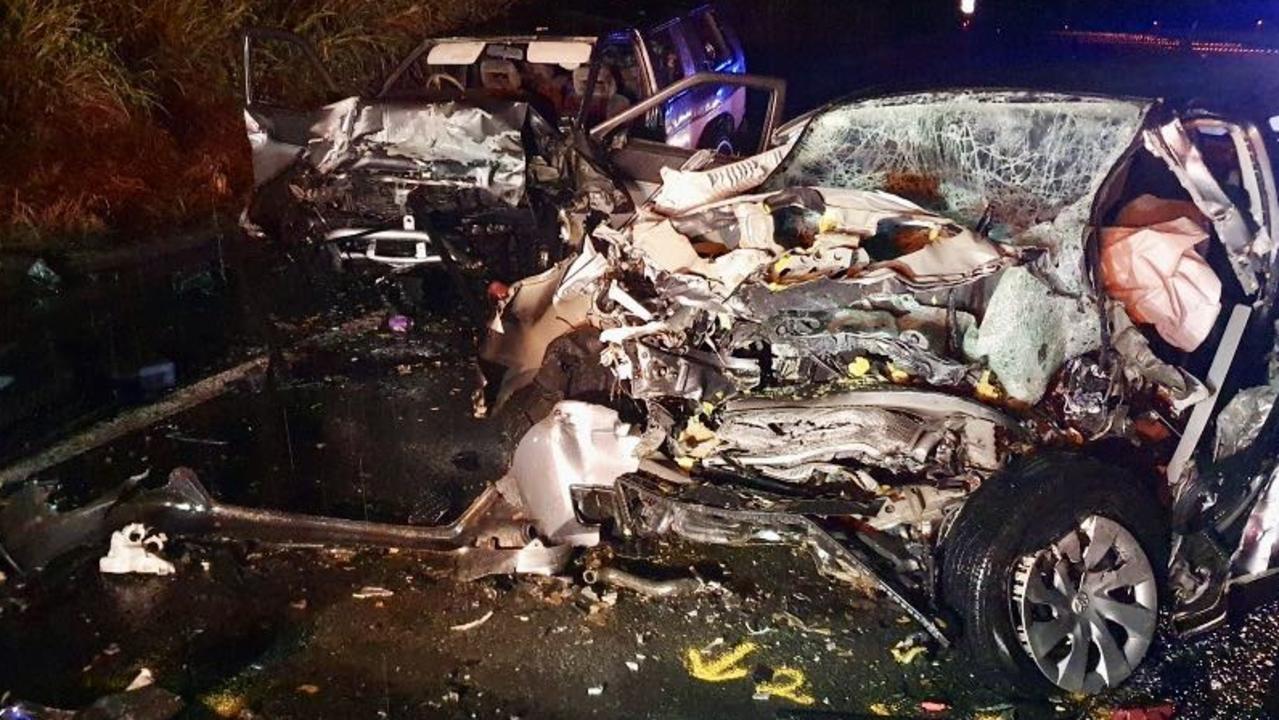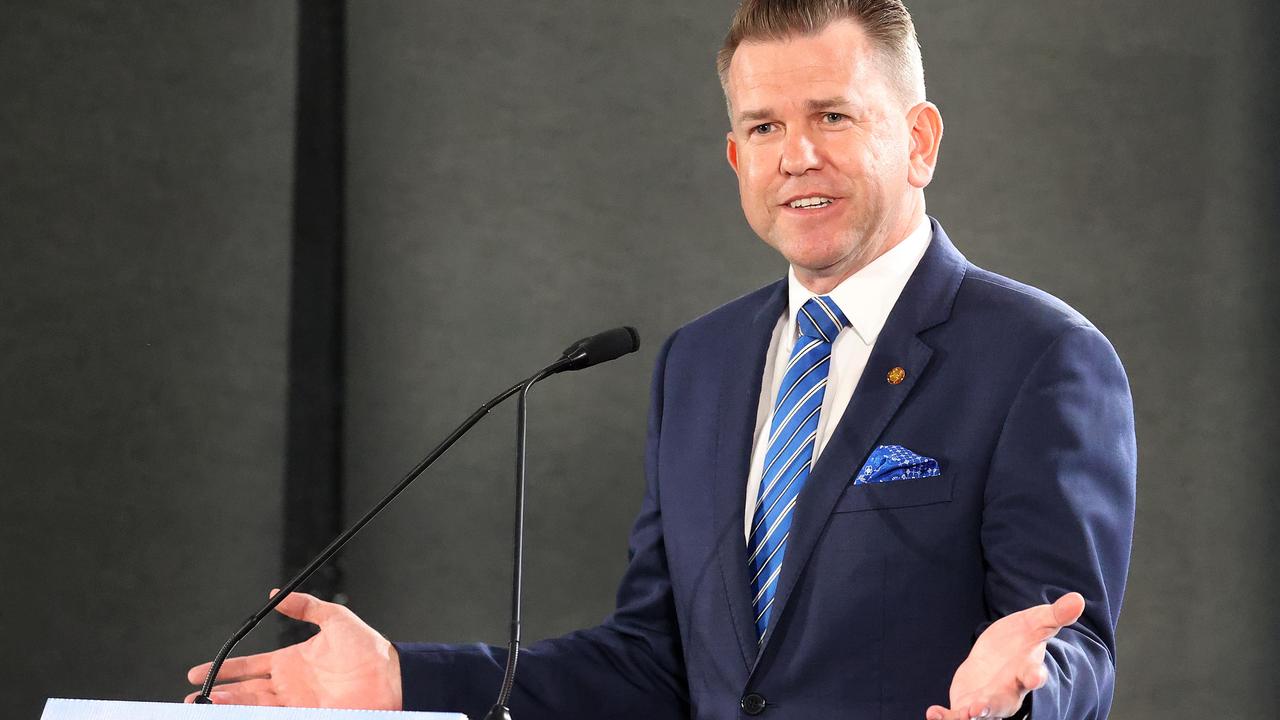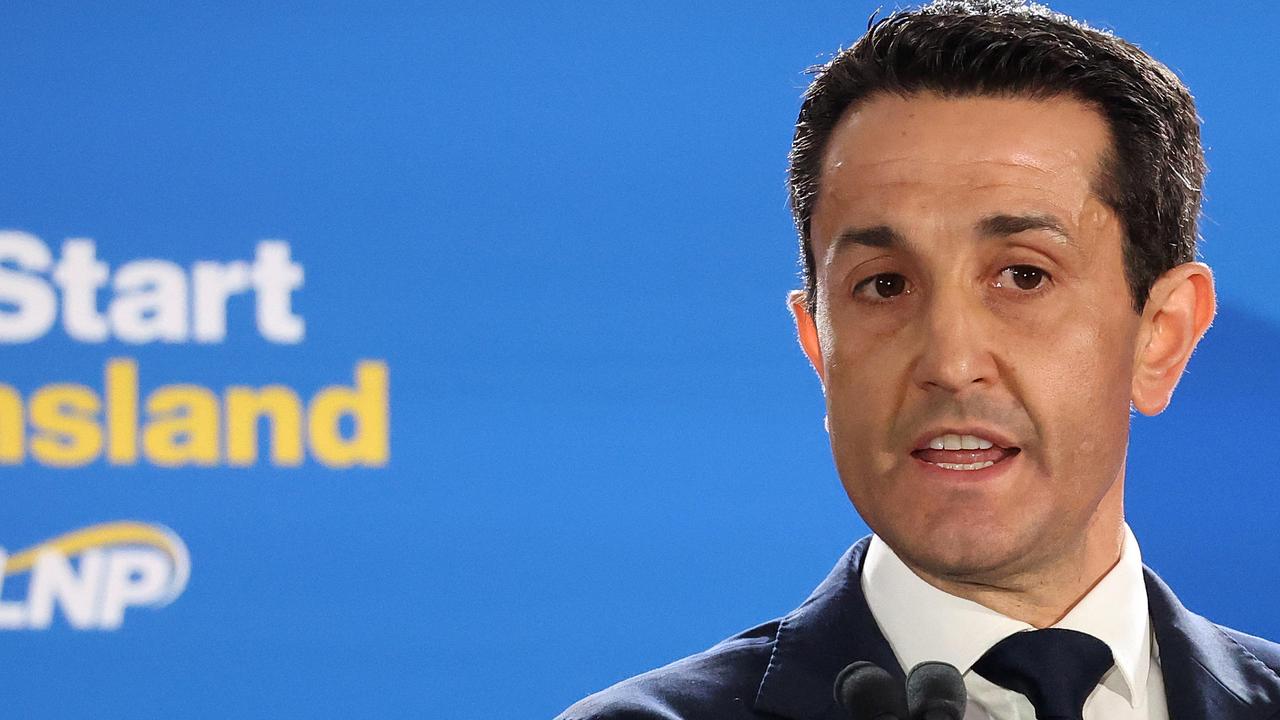Poll suggests Voice’s education divide could spill into party voting
A recent poll suggests – at least for now – the education divide in the Voice vote has spilled over into party voting attention, writes James Campbell.
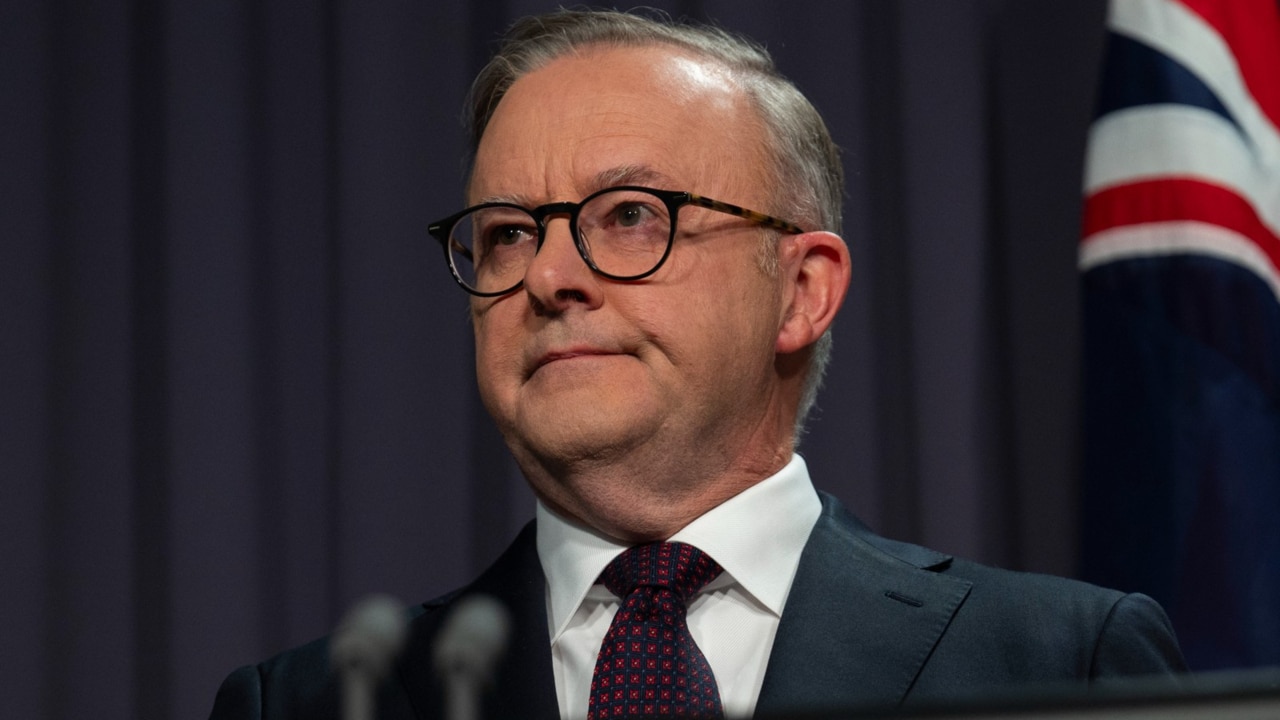
Opinion
Don't miss out on the headlines from Opinion. Followed categories will be added to My News.
Ever since the Voice crashed and burned, political junkies have been desperate to know what, if anything, the vote will mean for the next election.
For Labor, the past three weeks have been all about confronting the reality that only 17 of its 78 seats voted Yes and hoping that, even though, in 31 of them the No voter was above 60 per cent, this won’t matter in 18 months when we next go to the polls.
Unsurprisingly their opponents have been fixated on how these No votes can be converted into votes for the Coalition because, if these results are replicated at a general election, then Labor is finished as a majority party of government. Not that anyone is getting ahead of themselves. Conservatives who got themselves all excited after a swag of Labor’s suburban seats voted against same-sex marriage learned the hard way plebiscite votes can mean nothing come election time.
But the results of the latest RedBridge poll would seem to suggest this time might be different.
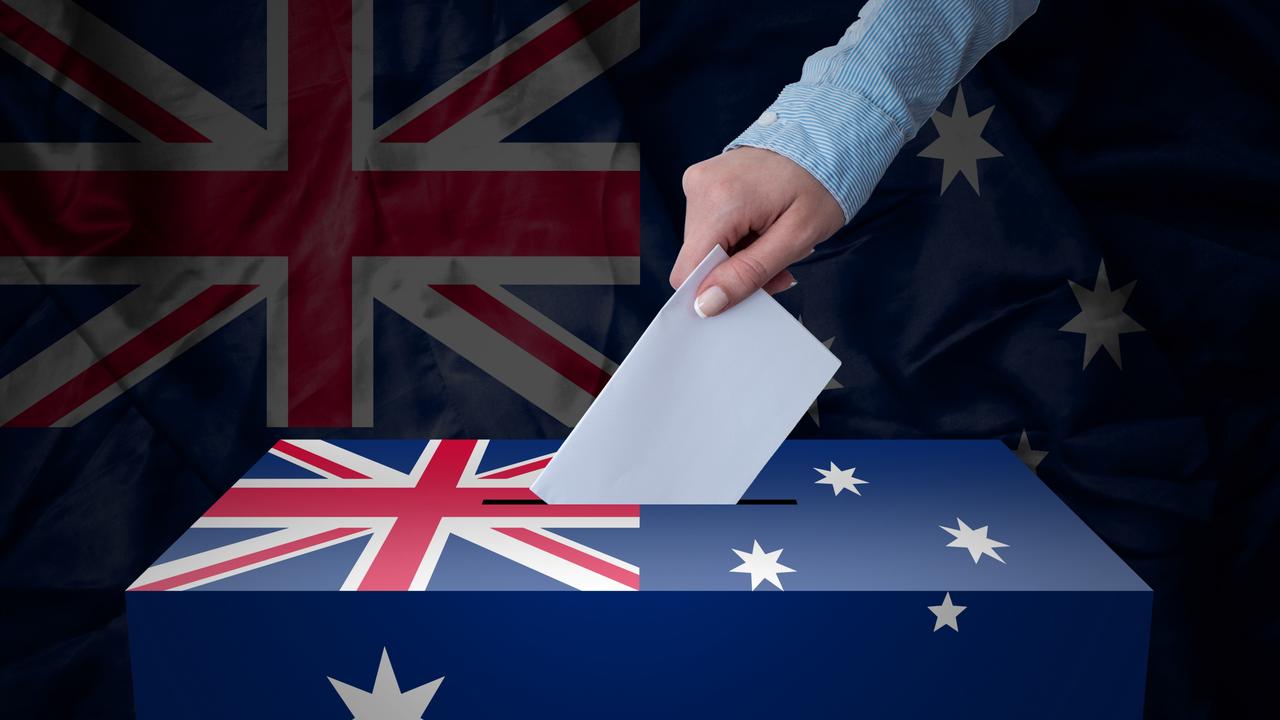
Though the Government is still comfortably ahead 53.5 per cent to 46.5 per cent on a two-party preferred basis, its primary has dropped four points to 34 per cent and Coalition was up three to 35 per cent.
The real worry for the government, however, was what the poll revealed about who had moved. No one has yet published an exit poll from the referendum which would give us an exact idea of how different groups in society voted last month but an analysis in Nine newspapers that overlaid census data with seats and even booths was clear: “Education was the biggest indicator of how a particular electorate or community might vote.”
This isn’t the first time this has happened at a referendum.
In 2021 a study of the 2016 Brexit vote in the UK found “educational attainment alone” could be used to predict the results in more than 90 per of local council areas.
It’s a similar story in the US where educational attainment – the “diploma divide” – was described by a former adviser to President Bill Clinton as “increasingly the best predictor of how Americans will vote”. It might be a coincidence of course, as the social scientists love to point out, correlation is not causation.
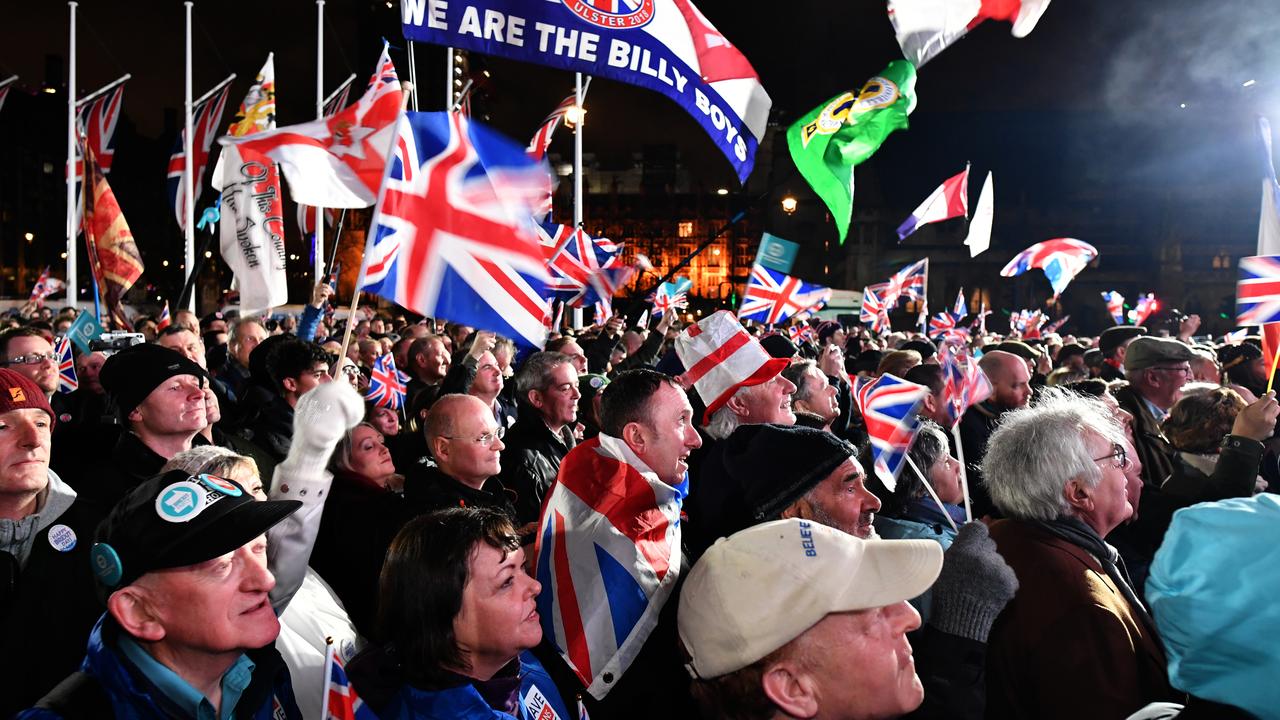
But RedBridge’s poll suggests – at least for now – the education divide in the Voice vote has spilled over into party voting attention.
In August, the pollster found Labor had big primary vote leads among people whose education stopped at Year 12 or equivalent (39 per cent to 28 per cent) and those who after school studied at TAFE, learned trades or did other vocational education (36 per cent to 29 per cent).
On a two-party preferred basis these leads were respectively 59 per cent to 41 per cent and 54 per cent to 46 per cent. Last week the stated voting intention of voters whose education ended when they left school were 28 per cent for Labor and 37 per cent for the Coalition, which had cut the Government’s 2-PP lead among them to 51 per cent to 49 per cent.
Voting intention among the TAFE, trade or vocational group had similarly flipped.
There was some consolation for Labor: its support among the university educated has surged.
Some, but not much, because in 2021, while there were around 2.4 million people with university degrees, there were 3.2 million with other forms of education.
It may be of course that while this shift was triggered – if not caused – by the Voice referendum, it turns out to be temporary. But if the Brexit vote is anything to go by, you wouldn’t want to bet on it.
More Coverage
Originally published as Poll suggests Voice’s education divide could spill into party voting




